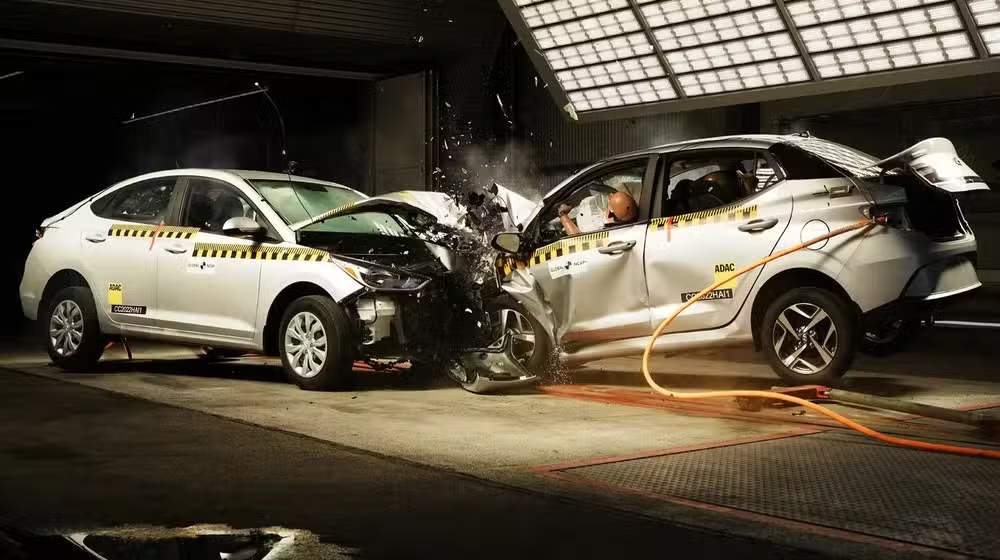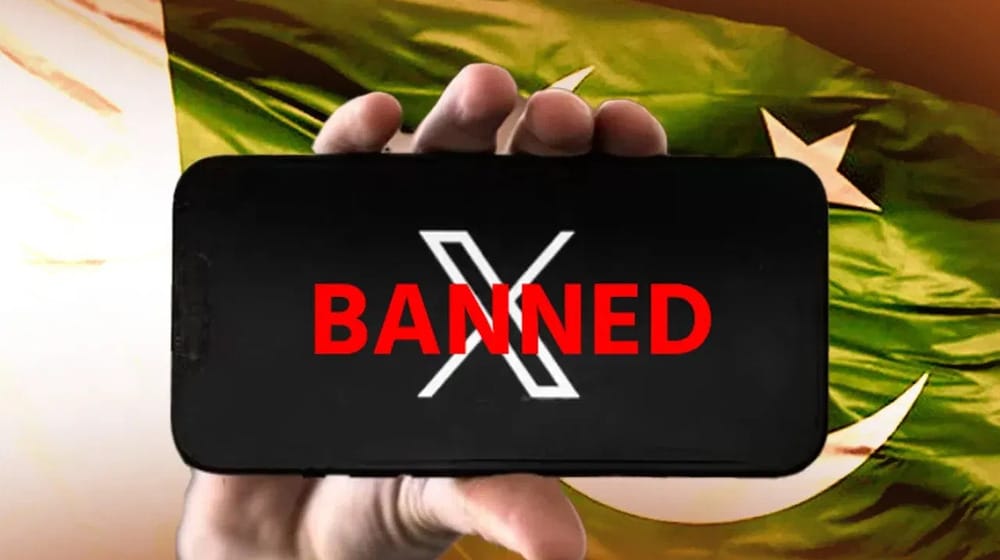Pakistan will implement 57 international safety standards on all locally manufactured vehicles, a significant leap from the current 17 standards. The move comes as part of the country’s commitments under the International Monetary Fund (IMF) program and is aimed at aligning Pakistan’s auto sector with global benchmarks while addressing long-standing concerns about consumer safety.
To strengthen oversight, the government will establish the Pakistan Automotive Institute to monitor and certify the quality of locally produced auto parts. Meanwhile, import restrictions will tighten: accidental “Type-D” vehicles will be banned, and changes to the Import Policy Order will take effect from September 30. Additionally, unverified vehicles will no longer be permitted in the market, with local manufacturers required to obtain certification licenses from their headquarters.
The Engineering Development Board (EDB) will oversee licensing for all imports and sales, ensuring compliance with the new safety regime. Automakers will be legally obligated to recall defective vehicles or parts, with penalties including fines and up to two to three years of imprisonment for non-compliance.
READ MORE: Massive Downpour in Hyderabad Sparks Flooding and Crises Across Sindh
Furthermore, legislation for dumping control and local manufacturing has been finalized, aiming to strengthen domestic production while safeguarding consumer interests. From 2025 onward, all new vehicles sold in Pakistan will fall under the Motor Vehicle Industry Development Act 2025, marking a major transformation of the country’s automotive regulatory framework.



